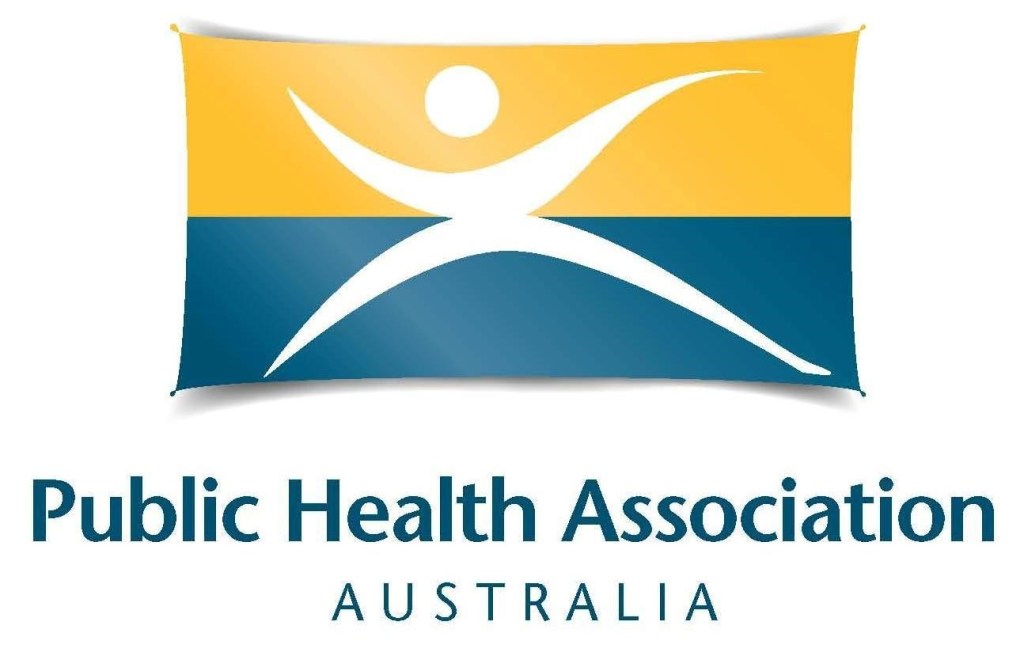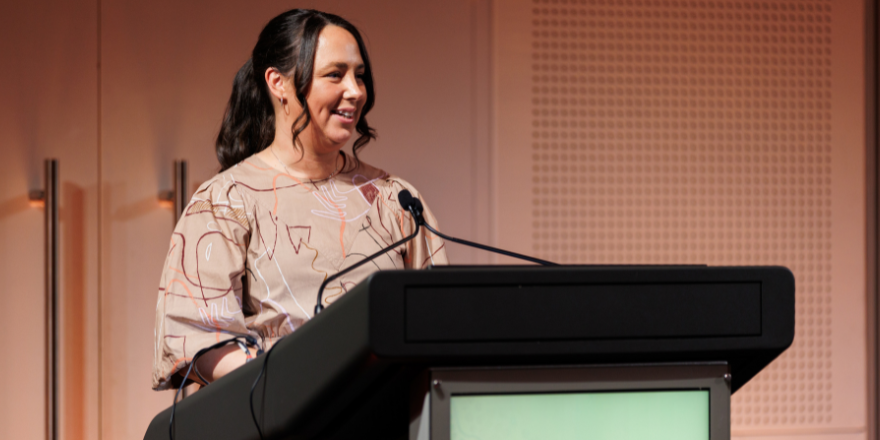PHAA
We know that collaborations between the public health and mental health sectors are vital to bridge the gap between what works and what’s happening in practice and policy.
One effort toward that is the inaugural Preventive Mental Health Symposium, which will be held in Melbourne and online on Tuesday 12 March.
It’s organised by the Public Health Association of Australia, in partnership with Beyond Blue.
The gathering’s agenda includes getting the big picture about preventing mental ill-health, and where mental wellbeing fits within the National Preventive Health Strategy.
Rachel Fishlock, who descends from the Yuin nation of the NSW South Coast, will speak about Aboriginal and Torres Strait Islander mental health and social and emotional wellbeing from a life course perspective.
Ms Fishlock is the CEO of Gayaa Dhuwi (Proud Spirit), the national peak body for Aboriginal and Torres Strait Islander social and emotional wellbeing, mental health, and suicide prevention.
‘Gayaa’ means happy, pleased and proud, and ‘Dhuwi’ means spirit in the Yuwaalaraay and Gamilaraay languages of northwest NSW.
Tell us about yourself. What’s been your career trajectory to date, and why did you decide to lead Gayaa Dhuwi (Proud Spirit) Australia?
I am a descendent of the Yuin Nation, growing up on the NSW South Coast.
I started studying psychology at university; however, I became frustrated with the inflexibility of the system and how little was being done that needed to be done for Aboriginal and Torres Strait Islander people.
I ended up changing to social policy, as I thought I could have more of an impact in that space.
While at university, I first learned about the Gayaa Dhuwi (Proud Spirit) Declaration and saw it as a tangible and achievable way to progress social and emotional wellbeing, mental health, and suicide prevention outcomes for mob, and I knew I wanted my career to contribute to this.
I worked at the National Aboriginal Community Controlled Health Organisation (NACCHO) for a while before Gayaa Dhuwi (Proud Spirit) Australia was established and I took a role here.
I’ve been with the organisation essentially since it started, in a range of senior positions before CEO.
I am driven by a lived experience of systemic neglect as a child carer, and as CEO of Gayaa Dhuwi I believe I can help drive change for future generations.
What have been your proudest achievements or successes to date?
It would have to be getting the Gayaa Dhuwi (Proud Spirit) Declaration Implementation Plan endorsed by the Minister for Health and Aged Care.
This is a huge step towards embedding Aboriginal and Torres Strait Islander leadership across all parts of Australia’s mental health system, to achieve the highest attainable standard of social and emotional wellbeing, mental health, and suicide prevention outcomes for our people.
The Implementation Plan sets out a 10-year roadmap to implement the Declaration in all Australian jurisdictions, and will be a key feature of the system architecture to improve Aboriginal and Torres Strait Islander peoples’ social and emotional wellbeing and mental health, and prevent suicide.
Why are you speaking at the Symposium? What would you like delegates to gain from your presentation, Aboriginal and Torres Strait Islander mental health and social and emotional wellbeing from a life course perspective?
I’m excited to speak at the Symposium to provide an Aboriginal and Torres Strait Islander perspective to the proceedings.
The work we do focuses on a ‘best of both worlds’ approach whereby appropriate clinical interventions are provided alongside cultural ones.
I want delegates to understand social and emotional wellbeing changes across a person’s life course; and that for First Nations people, wellbeing is significantly impacted by stressors that other populations don’t experience, including the impact of colonisation and past government policies.


Leave a Reply